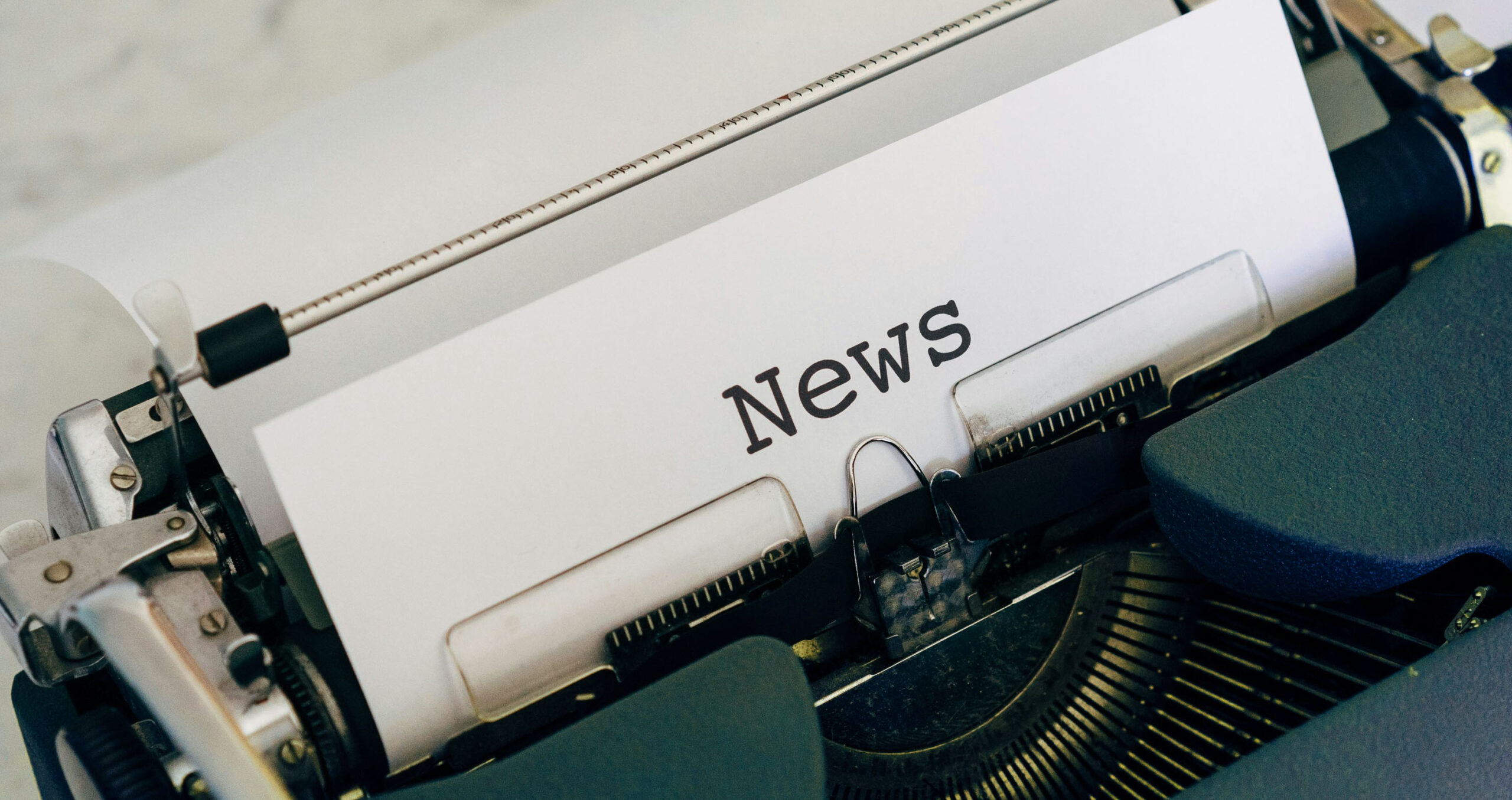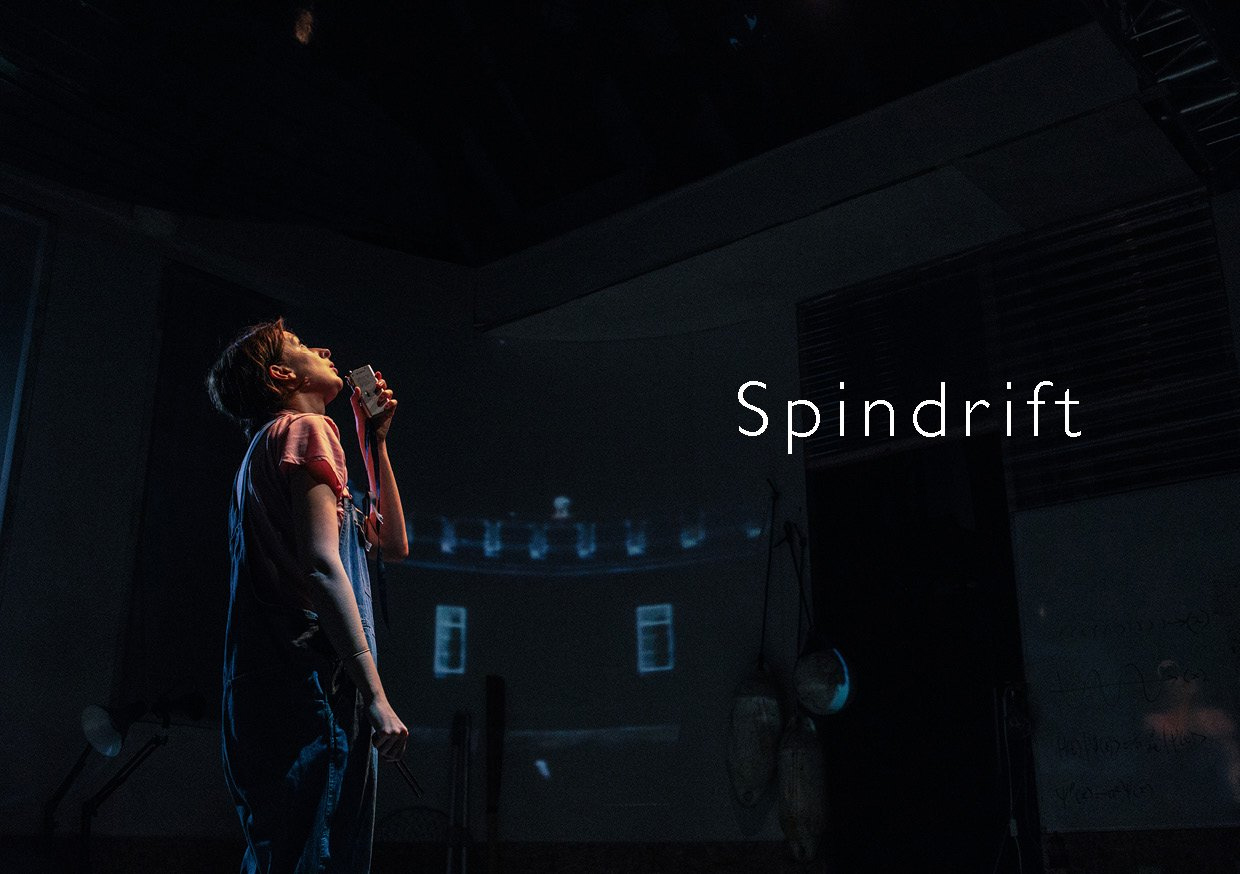I went to see Don Quijote, a show by Emma Frankland and Keir Cooper, in association with Ultimo Comboio, which came to the Cambridge Junction on Wednesday 24 September. I have a dear Spanish friend, José, so I invited him to come with me. As we entered J3, the Junction’s smaller studio theatre, we were seated like a kindergarten class on the floor in the middle of the space; and then it transpired that the show would spin around us like a new galaxy in mixed theatrical materials, jumping from wall to wall, then into our midst – and we, the audience, were in a state of continuing scatter and scramble, re-mixed like Cervantes’ four hundred-year-old work.
It was a show where book love dripped through the theatre: serif’d words about the Spanish knight on cream backgrounds glowed, large, on the walls around us, and a live circular saw sheared through the binding of a fat editionso fluttering pages could be thrown joyously through the air at us. Don Quixote was a she in this imagining, and she chose José, my José, to be her Sancho Panza and took him away on an adventure outside the theatre, only returning him at the very end of the show.
His departure left a strange gap by my side, and I kept wondering where he was and what was happening to him, while the performance stirred me in increasingly profound ways. I’m a lover of the tensile strength of a story, and I watch the way stories travel across time and culture, how they hide, survive, and kaleidoscope into variances; and beholding this story was like looking at one of the grandfather trees in the forest, mighty and still alive. The production used a pleasingly chaotic mix of theatrical materials, including projected shadow animation that travelled the walls, vignette, absurdity, storytelling, collage, flamenco and rock ‘n roll to explore the ancient story, all the while showing a fierce and reverent respect for the original.
The show played with the idea of whether a story is true by telling us a story that confidently announced its truth (like Cervantes’ novel) — and then, when a live skyped teleconference revealed that the storyteller was telling us a fiction, the layering of story/truth was set spinning in the same way as the original…thereby catching the audience in the question mark, where we hung, our senses aroused more sharply for a philosophical hunt: asking What is Really True…about Anything?
And then, delectably, satisfyingly, the show traced the aspect of human nature that the original story curves lovingly around, by telling us a fast-paced stream of true stories about quixotic real-life people: Steven Gough, the Naked Rambler, who has been told by the highest court in the land that it is not his right to ramble naked; Maria Alyokhina from Pussy Riot, who said upon being released from prison, ‘If I had the right to refuse freedom, I would’, because she knew the idea – the dream – behind her protest lived stronger behind bars. These are the ones who dream big and bear accusations of madness, and keep dreaming, and give everything for their dream.
I wished so deeply that José could be with me, because there was a particular, increasing-in-intensity, flavour of Spanish political passion infused into the show that I knew he would love with his part-political activist, part artist, and fully passionate heart…and also because he rocks pretty hard and loves music, and The Matador, played by Emma Frankland, our guide through the deeply affecting and intelligent chaos of the show – after stoking the dreams burning in our hearts via the true stories of the Quixotes who live among us, for real – busted out an electric guitar and set them fully alight via REALLY LOUD AND AWESOME GUITAR ROCK N’ ROLL.
Ah. Art. This is why I love it so much. Have you ever had a dream? How much daylight do you give your dream? How much oxygen? How much fire? Is it buried? How deep? The show was brilliant, beautiful, complex, mysterious. There were many layers, angles and nuances. I have only explored a small corner of the show’s significance and wonder. But these were the questions, the highly important questions, the show unearthed…and they aren’t just personal questions. They are questions to be asked about our collective dreams, for things like truth and freedom.
At the end of the show, Don Quijote came back with Sancho, played by José Delgado of Seville (now resident in Cambridge), and we learned they had been on a quest. José had been having a singular theatrical experience, one that delved deeply into his individual Quixote nature, and he was aglow with the magic of it. So aglow, I ceased regretting he hadn’t had the same experience as me, and simply enjoyed the light emitting from him. I realised he had just had a different shake of the kaleidoscope.





